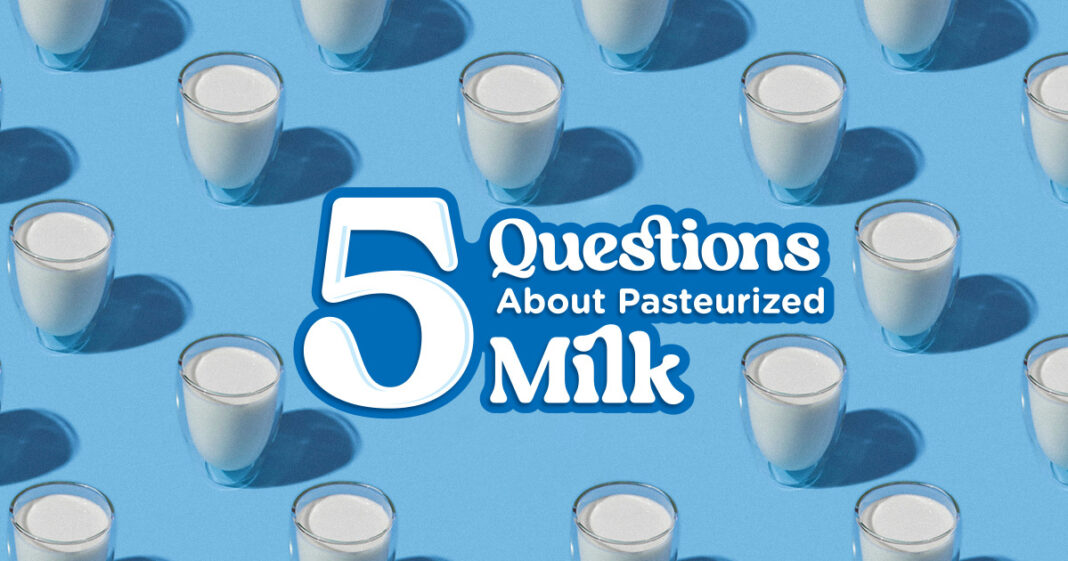When it comes to choosing dairy products, understanding the production and safety measures is essential. Pasteurized milk is a popular choice for many individuals due to its safety and nutritional benefits. However, questions often arise regarding its processing, benefits, and usage. In this blog post, we will check five common questions about pasteurized milk and provide detailed and informative answers to help you understand this widely consumed and trusted dairy product.
Here are 5 Questions about Pasteurized milk
Q1:
How does pasteurization affect the nutritional content of milk?
A: Pasteurization is a gentle heat treatment that aims to balance safety and nutritional preservation. While some heat-sensitive nutrients like vitamins B12 and C may experience slight reductions, pasteurized milk retains the majority of its nutritional value including protein, calcium, and other essential vitamins and minerals. Pasteurized milk remains a nutrient-rich beverage that contributes to a healthy diet.
Q2:
What is the shelf life of pasteurized milk?
A: Pasteurized milk typically has a shelf life of approximately 2-3 weeks when properly refrigerated. It is crucial to store pasteurized milk at a temperature below 40°F (4°C) to maintain its freshness and quality. Checking the expiration date on the packaging and consuming the milk within that time frame is advisable.
Q3:
Can pasteurized milk be used in cooking and baking?
A: Yes, pasteurized milk is commonly used in various culinary applications. It can be used in cooking, baking, making dairy-based dishes, and as an ingredient in a wide range of recipes. Pasteurized milk is preferred for both savoury and sweet preparations to enhance the flavour and texture of your favourite dishes.
Q4:
Is there a difference in taste between pasteurized milk and raw milk?
A: Pasteurized milk may have a slightly different taste compared to raw milk. The pasteurization process can alter the flavour slightly. It gives a more standardized taste that many people find pleasant. The mild heat treatment of pasteurized milk helps to retain a fresh taste while ensuring safety. Therefore, it is the ideal choice if you want an option that is safe and tasty.
Q5:
Does pasteurization affect lactose intolerance?
A: Pasteurization does not impact lactose intolerance. Lactose intolerance is a condition in which individuals have difficulty digesting lactose, the natural sugar found in milk. Pasteurization does not alter the lactose content of milk. However, some individuals with lactose intolerance may find that they tolerate pasteurized milk better than raw milk due to the reduction of bacteria that can contribute to digestive discomfort. Lactose-free milk or lactase enzyme supplements are alternative options for individuals with severe lactose intolerance. Also, always buy good quality milk. You can buy Lactel pasteurized milk if you want to buy from a trusted seller.



